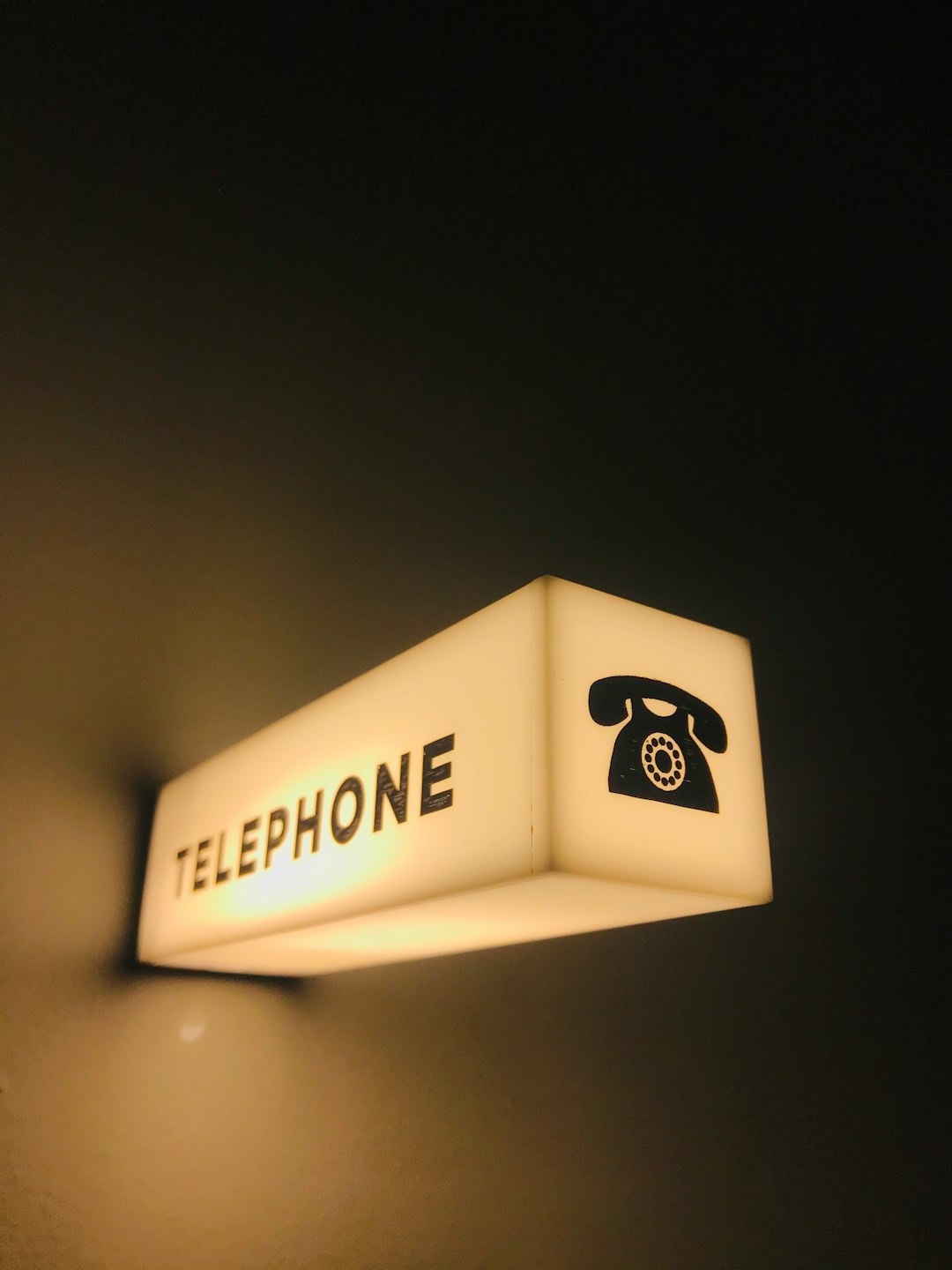Michigan's strict spam call laws, enforced by the Attorney General's Office and FCC, regulate unsolicited phone calls from law firms using automated or prerecorded messages without explicit consent. Violations, which can incur up to $15,000 in penalties, lead to legal action and monetary judgments against spam call law firms. Individuals can protect themselves by registering on the "Do Not Call" list, and seek damages for unwanted telemarketing from these firms in Michigan.
In Michigan, understanding the legal framework against spam calls is paramount to protecting residents from intrusive and deceptive practices. This article delves into the intricacies of what constitutes spam calls under Michigan law, explores the enforcement and penalties associated with these regulations, and outlines the rights and remedies available to individuals targeted by unwanted calls. Stay informed about your protections and empower yourself through knowledge with our guide on spam call law firms in Michigan.
What Constitutes Spam Calls According to Michigan Law?

Under Michigan’s spam call laws, unsolicited phone calls from law firms or any entity engaging in deceptive or harassing practices are classified as spam. These laws aim to protect residents from unwanted and disruptive calls, especially those related to marketing or sales. A spam call is typically characterized by an absence of prior consent from the recipient, making it a violation of their privacy.
Michigan’s regulations define these calls as those made for commercial purposes, often using automated dialing systems or prerecorded messages, without the explicit agreement of the caller to contact the individual. Law firms engaging in such practices, especially when persistently targeting residents, may face legal repercussions under this framework, ensuring a safer and less intrusive phone environment for Michigan’s citizens.
Enforcement and Penalties of Spam Call Regulations in Michigan

In Michigan, the enforcement of spam call regulations is handled by various agencies, primarily the Attorney General’s Office and the Federal Communications Commission (FCC). These entities have the power to investigate complaints, issue warnings, and take legal action against violators. The state’s anti-spam laws are designed to protect consumers from unwanted telephone solicitations, ensuring that businesses operate ethically and respectfully.
Penalties for violating Michigan’s spam call laws can be severe. Fines range from $500 to $15,000 per violation, depending on the nature of the offense. The Attorney General’s Office has successfully prosecuted several cases against law firms known for making spam calls, resulting in substantial monetary judgments and court-ordered restrictions on their marketing practices. Such actions serve as a deterrent and underscore the state’s commitment to upholding consumer rights in the digital age, specifically targeting spam call law firms Michigan residents encounter.
Rights and Remedies for Individuals Targeted by Spam Calls

If you’re receiving unwanted spam calls in Michigan, know that state laws are in place to protect you. The Michigan Spam Call Law, also known as the Telemarketing Protection Act, provides individuals with several rights and remedies when dealing with unsolicited phone marketing. One of the primary rights is the ability to register your telephone number on the “Do Not Call” list. This official registry prohibits telemarketers from calling numbers listed on it, offering a significant level of protection against spam calls.
Additionally, individuals can take legal action against spam call law firms or telemarketers who violate these regulations. Michigan’s laws allow for monetary damages, and affected parties may seek compensation for each violation. This includes the cost of any goods or services inadvertently purchased during the interaction, as well as attorney fees and court costs. There are also penalties for willful violations, which can result in substantial fines for offending firms.






